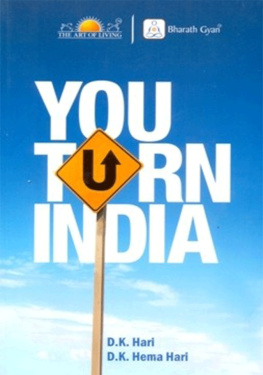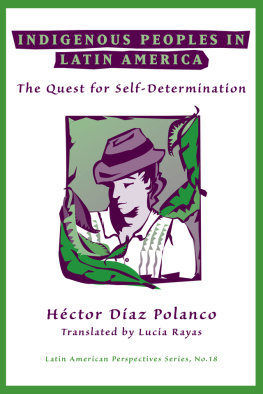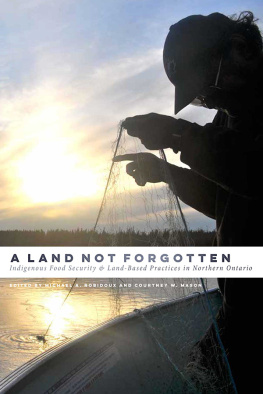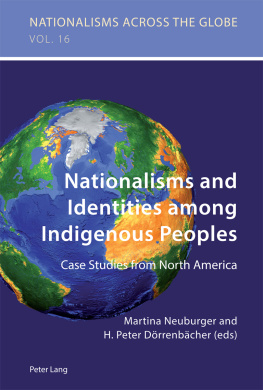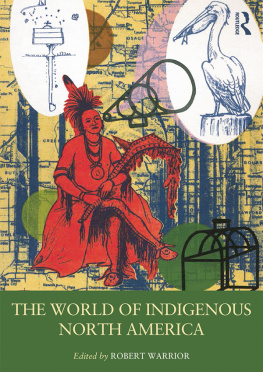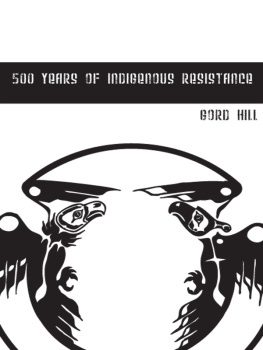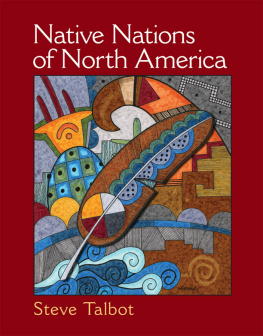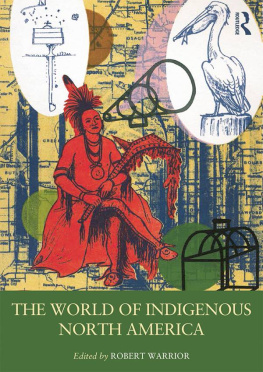Seeing Red
INDIGENOUS LAND, AMERICAN EXPANSION, AND THE POLITICAL ECONOMY OF PLUNDER IN NORTH AMERICA
Michael John Witgen
Published by the OMOHUNDRO INSTITUTE OF EARLY AMERICAN HISTORY AND CULTURE, Williamsburg, Virginia, and the UNIVERSITY OF NORTH CAROLINA PRESS, Chapel Hill
The Omohundro Institute of Early American History & Culture (OI) is an independent research organization sponsored by William & Mary. On November 15, 1996, the OI adopted the present name in honor of a bequest from Malvern H. Omohundro, Jr., and Elizabeth Omohundro.
2022 The Omohundro Institute of Early American History and Culture
All rights reserved
Manufactured in the United States of America
Cover illustration: Detail of Indian Land for Sale. Broadside, [1911]. U.S. Department of the Interior, signed by Walter L. Fisher, Secretary of the Interior, and Robert G. Valentine, Commissioner of Indian Affairs. Printed Ephemera Collection, Library of Congress, Washington, D.C.
Library of Congress Cataloging-in-Publication Data
Names: Witgen, Michael J., author. | Omohundro Institute of Early American History & Culture, issuing body.
Title: Seeing red : Indigenous land, American expansion, and the political economy of plunder in North America / Michael John Witgen.
Description: Williamsburg, Virginia : Omohundro Institute of Early American History and Culture ; Chapel Hill : University of North Carolina Press, [2022] | I [author Michael John Witgen] use the term Anishinaabeg for the Great Lakes people also known as the Odawaag, Ojibweg, and Boodewaadamiig even though these same people most often are presented in historical sources as Ottawas, Chippewas, and Potawatomi and are written about generically as AlgonquianAuthors Note on terminology. | Includes bibliographical references and index.
Identifiers: LCCN 2021038335 | ISBN 9781469664842 (cloth ; alk. paper) | ISBN 9781469664859 (ebook)
Subjects: LCSH: Algonquian IndiansNorthwest, OldGovernment relations. | Algonquian IndiansTreatiesHistory19th century. | Ojibwa IndiansNorthwest, Old. | Ottawa IndiansNorthwest, Old. | Potawatomi IndiansNorthwest, Old. | Settler colonialismEconomic aspectsNorthwest, Old. | Racially mixed peopleNorthwest, OldPolitics and government. | Northwest, OldHistory17751865. | United StatesTerritorial expansion. | United StatesRace relationsHistory19th century. | BISAC: SOCIAL SCIENCE / Ethnic Studies / American / Native American Studies | HISTORY / United States / General
Classification: LCC E99.A35 W57 2022 | DDC 305.800973dc23
LC record available at https://lccn.loc.gov/2021038335
The University of North Carolina Press has been a member of the Green Press Initiative since 2003.
For Kelly and Kieran
ACKNOWLEDGMENTS
My family, at least part of it, has lived in the Great Lakes region of North America for millennia. This book is in part a love letter to the Anishinaabe peoples and to our Great Lakes homeland. The Boodewaadamii, Odawa, and Ojibwe peoples fought to preserve this homeland, Anishinaabewaki, and did preserve it as a Native space even as much of Native North America suffered through dispossession, genocide, and ethnic cleansing. It is a triumph that so many Anishinaabe people fought off removal to the federal Indian Territory, a policy mandated by the government of the United States. It is a testimony to survivance that we managed to preserve some remnant of our homelands east of the Mississippi River and learned to reassert and insist upon our sovereignty in the wake of the devastation that the nineteenth-century Republic wrought on Native peoples. This book is also a lament. It is impossible to live in the twenty-first-century Midwest, amid the decaying exoskeleton of the industrial United States, the Rust Belt, and not feel a sense of sadness and loss at how the Republic used up and squandered the bounty of Anishinaabewaki. This lament is tempered by a sense of wonder at how much the people, land, resources, and wealth of Anishinaabewaki contributed to the emergence of an economically successful and politically viable post-Revolutionary United States. It is astonishing to acknowledge this fact and understand that it is widely unknown. Indeed, this absence represents a profound failure to properly account for the Indigenous history of North America. That most people acquainted with U.S. history remain unaware of this contribution means that they are also unaware of the true history of this continent. I hope this book can begin to correct this gap in our knowledge about the place of the Anishinaabeg in the historical development of North America. Any failure to advance this historical truth is entirely my own.
Any success in this endeavor, however, would not be possible without the help and support of so many people and institutions. I am deeply grateful to the College of Literature, Science, and the Arts (LSA) at the University of Michigan for awarding me a Humanities Fellowship. This fellowship and additional funding from the Associate Professor Support Fund allowed me to take two semesters to complete the research and write the manuscript for this book. Being able to take this leave while also having access to the William L. Clements Library and its stellar staff allowed me to research and write simultaneously. Having this time and space was a luxury, and I am well aware of how fortunate I was to have it. I especially want to thank the Clement Librarys Mary Pedley, Jayne Ptolemy, and Cheney Schopieray. I was similarly fortunate to have ready access to the Bentley Historical Library at the University of Michigan, where Nancy Bartlett provided invaluable assistance in chasing down Michigan-specific sources.
After the initial research and writing, this project really found a home at the Omohundro Institute of Early American History and Culture (OI). Karin Wulf has been enormously supportive of my work and was enthusiastic about this book project and helped to make sure that I would be happy and well supported. The arrival of Catherine Kelly as Editor of Books at the OI sealed the deal, for me at least, in seeking a publisher for this project. I had the opportunity to work with Cathy on the publication of an article at the Journal of the Early Republic and realized how truly brilliant she was as an editor. Cathy helped to refine and develop this project, working with me at the conceptual as well as at the editorial level. She has been instrumental in bringing this project to fruition, and I am sincerely grateful for the work she was willing to put into this book. Similarly, Virginia Chew has offered indefatigable editorial assistance.
One of the qualities that makes an excellent editor is the ability to find insightful and generous readers for an author. Accordingly, this project has benefited tremendously in early stages from close and careful readings by Anne Hyde and Lucy Eldersveld Murphy. Also, during the formative stages of this project, I received discerning and insightful readings by Tiya Miles and Gregory Evans Dowd. I am greatly indebted to Christina Snyder, who read the entire manuscript and offered brilliant and illuminating comments. She, along with the anonymous readers for the OI, provided an invaluable critique of the work. At the beginning stages of this project, I also received crucial support and inspiration from Lcole des hautes tudes en sciences sociales (EHESS). Jean Hbrard brought me to Paris, France, for the colloquium Circulation des catgories juridiques et des catgories raciales dans lespace atlantique, along with Rebecca Scott and Martha Jones. This proved to be a formative opportunity to share work and think collaboratively about race and citizenship in the early Atlantic. All of these scholars improved my work, and their willingness to read, think through, and critique the project is a humbling reminder that at its best scholarly production is a collective endeavor. While all faults and failures are squarely mine, any success is shared with those who labored along with me to make this a better book.






